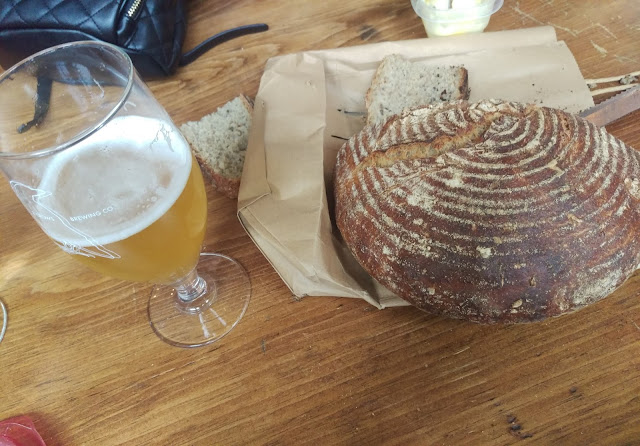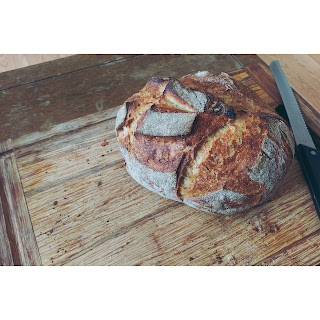Beer.003 - Belgian Patersbier/Single-ish Beer
I've been wanting to brew a beer like this for a while, but hadn't gotten around to it. A recent trip to Belgium inspired me to get on it! I had Orval's "Orval Vert," which is their lower-ABV version of their flagship/export beer-- it was great! It was a nice day out on the day off I had, so I decided to brew this at the last minute. I had some Shoreline malt kicking around that I have been doing some testing/experimenting with, so I decided to use mostly their pilsner malt for the base, with a little bit of wheat as well (mostly for foam stability/head retention). I added a touch of Special B to give a bit of colour, a slight touch of body, and a subtle nuance of dark fruit. I have heard from a few places that Orval uses Special B, as do a handful of other Trappist breweries, so I felt it was good (It's a Belgian malt to begin with, so I deemed it apt). I also tossed in a bit of Cara-Pils/Dextrine, just for foam stability (this is actually my first ti



